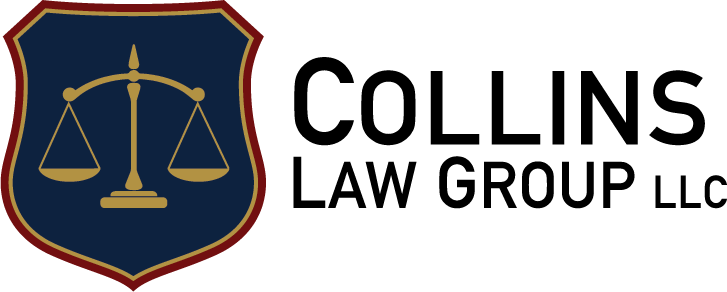Estate and Trust Administration
When a family member dies, it can be difficult to find time and energy to deal with related legal affairs; however, it is often necessary and prudent to do so. Attorney John Collins understands the death of a family member is a difficult but legally-important time for surviving family members.
Call (812) 556-0110 to schedule your consultation.
A family member’s death typically raises many different legal questions and issues, such as (1) payment of debts, expenses and taxes, and (2) transfer of the decedent’s property. Sometimes, such a death may also create litigation between surviving family members, whether in the form of a will contest, a trust contest or a monetary claim against an estate or trust. Generally, most of these concerns and issues are resolved in the estate administration or trust administration process. In the estate administration process, an “estate” is typically “opened” at the courthouse in respect of the decedent, and a person or persons (or sometimes a bank or trust company) is appointed by a court to act for and represent the decedent’s estate, as the “personal representative” of such estate. Similarly, in a trust administration case, at least one trustee is administering a trust for the benefit of identified trust beneficiaries, and both the trustee(s) and those trust beneficiaries have certain legal rights, duties and possible claims in relation to each other and the trust.
In the context of a private, express trust created by someone else, legal issues can (and usually do) arise both while the creator of such a trust is living and after the creator of the trust is dead. The proper and continuous administration of such a trust by its trustee(s) is typically critical, since a primary purpose of such a trust is often to provide some specific form of administration and management of trust-owned property for a person or persons’ benefit for a period of time. If such a trust is improperly or inadequately administered by its trustee(s), the result can frequently be worse than if the trust was never created in the first place. Further, the legal issues associated with administration of a trust sometimes require that the trustee(s) and the concerned beneficiaries go to court for resolution.
During his 20 years of practice, Mr. Collins has repeatedly represented clients in estate and trust administration cases and proceedings, including both in and out of a courtroom setting. On many occasions, Mr. Collins has represented the person(s) appointed to act for and represent a decedent’s estate (i.e., the “personal representative”) or the person(s) serving as the trustee(s) of a trust. In certain other instances, Mr. Collins has represented persons who are beneficiaries of a decedent’s estate or of a trust, advising those persons as to their legal rights and obligations as beneficiaries. Still yet in other circumstances, Mr. Collins has represented clients in a will contest or trust contest setting, where one or more persons contends a decedent’s will or a trust is invalid. Mr. Collins also has experience representing and also defending against creditors of a decedent’s estate or trust on a monetary claim or claims filed against a decedent’s estate or a trust.


